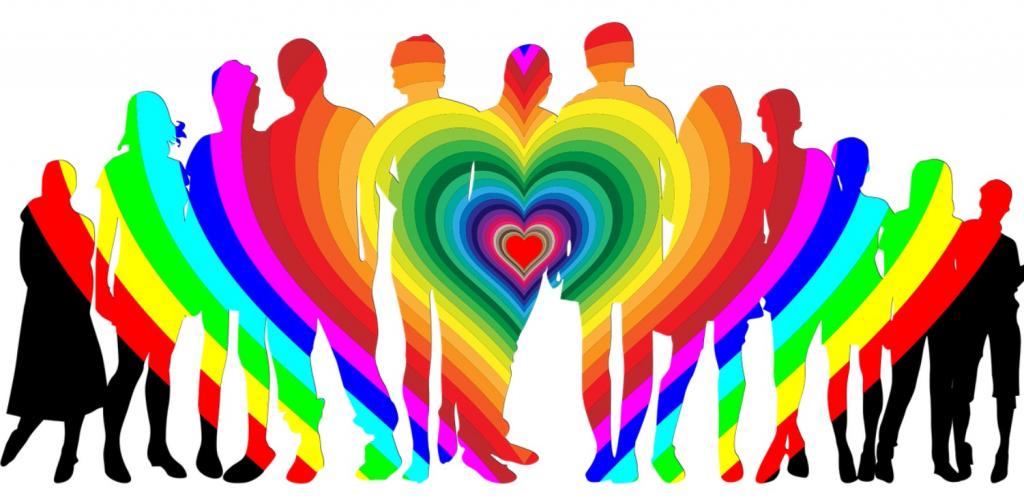
Middle school student, Mary, is in trouble. Her teacher has just caught her cheating on a test. She’s never done anything like this before. Being brought up in a Christian home, she feels the weight of her transgression like a boulder placed upon her shoulders. It’s not the guilt she feels from being caught by her teacher, that’s bad enough, but it isn’t what is weighing on her so heavily. What she is dreading most is facing her parents—particularly her father. He will be so disappointed in her and the thought of facing him when she gets home is eating at her insides. She can think of nothing else all day. She feels like a condemned man headed for the gallows but it’s not physical punishment she fears, it’s the emotional damage of having let down her parents.
When she gets home, mom already knows. In a sense, it’s a relief that the teacher has called home. At least Mary won’t have to tell her mom what happened. Her mother tells Mary to go and wait in her room until her father gets home. Mary feels some relief that her mom is going to fill her dad in on what happened before he sees her. She can’t even imagine having to face her dad and tell him herself. But that small measure of relief does little to help calm her dread. She retreats to her room and feels the entire weight of the world bearing down upon her very soul. She thinks about how to justify her actions—then she thinks better of it. No, she’s going to have to face this head on, no excuses. That resolve helps prepare her for facing her dad—but nothing could prepare her for what happens next.
Soon enough, Mary hears her dad come through the front door. She nearly swoons at the overwhelming dread that sweeps over her as she finally hears her mother call her downstairs. Mary tries to pull her emotions together and push them down inside her as she begins to walk downstairs. It feels to Mary as though she is walking the Green Mile as she descends the stairs to the living room. There sits her father. He motions her to sit down next to him. As Mary sits next to her father, she feels smaller than she ever has in her life. She quickly glances into her dad’s eyes but immediately turns away as the sense of shame washes over her—she feels the tears welling up in her eyes and a tightening in her throat—she feels her guts churning and fears she might throw up—she isn’t sure she’ll even be able to speak.
After seconds that feel to Mary like hours, her dad breaks the silence with one simple question. “Did you do it?”, he asks her. Somehow, Mary is able to overcome all the physical reactions she is feeling and manages to choke out a weak, “yes.”
“Look at me, Mary,” dad replies.
Mary has to fight against every physical instinct to make herself face her father. With tears now spilling down her cheeks, she looks him in the eyes.
“Are you sorry for what you did?”, her father asks.
Now sobbing, Mary manages to answer, “yes.”
“Will you ever do it again?”
“No,” Mary replies—and she means it.
“Then”, Dad replies, “I forgive you.”
Dad grabs up Mary and holds her tight. Mary buries her head in his shoulder and empties her very soul in her sobs. The guilt has been replaced by a father’s grace. Mary doesn’t feel like she deserves it, but gladly receives it.
This moment will stay with her the rest of her life.
Grace is an ethereal concept. It is impossible for us to fully understand—it seems not of this world. As flawed humans, it is hard for us to give or receive grace because everything about our world tells us that we need to earn what we have. Grace doesn’t fit that mold.
Grace is given freely in a world were freebies seem foreign. Everything, it seems, has strings attached—but not grace.
The anecdote I opened this article with is based on a real story that was shared with my small group book study recently. The friend who recounted it (not named Mary) was moved to tears as she spoke about it. Decades after this event happened in her life, retelling it still brings back those same emotions. She is thankful for that moment because it was the first time she ever understood what God’s grace is like. Her earthly father showed her grace and it opened her eyes to the grace of her heavenly father.
We all get brief glimpses of understanding of grace at pivotal moments in our lives, but the understanding is normally fleeting. Our humanness consistently hides our understanding of grace from us—it is just such an unnatural thing in our world.
Yet, we are called to be like Mary’s father and we are called to follow the example of our heavenly father. If we can freely receive the grace from our heavenly father, we should be able to freely offer grace to our brothers and sisters.
I struggle mightily with this. In a nation so politically divided, I find it easy to withhold grace from people who stand on the other side of the divide. I write a political column. I often call out what I see as injustice—it’s part of my job—but I must be careful not to harden my heart with so much resentment that it turns to hate.
I must be willing to offer grace if I am willing to receive it.












